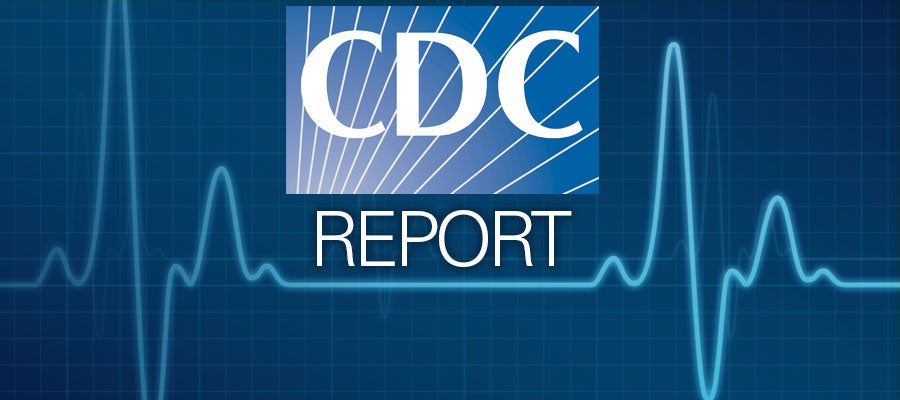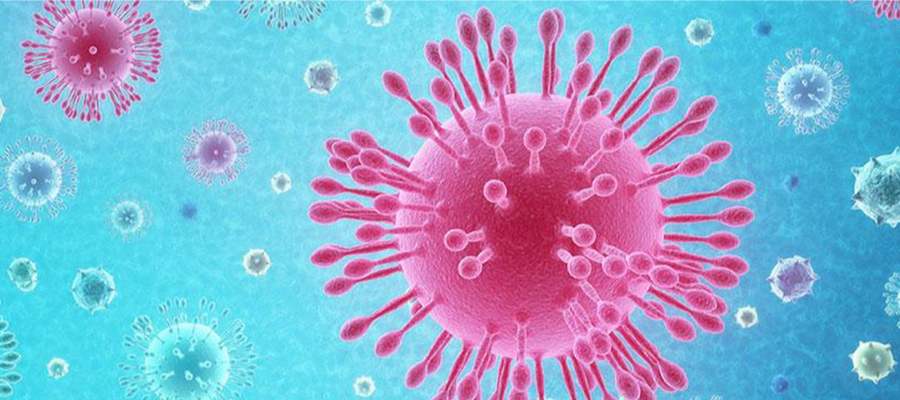Robert Trestman, M.D., chair of the Department of Psychiatry at Carillion Clinic in Roanoke, Va., will chair AHA’s Behavioral Health Services Committee in 2021. Arpan Waghray, M.D., executive medical director of behavioral medicine at Swedish Health Services and chief medical officer for WellBeing Trust in Sammanish, Wash., will serve as chair-elect.








